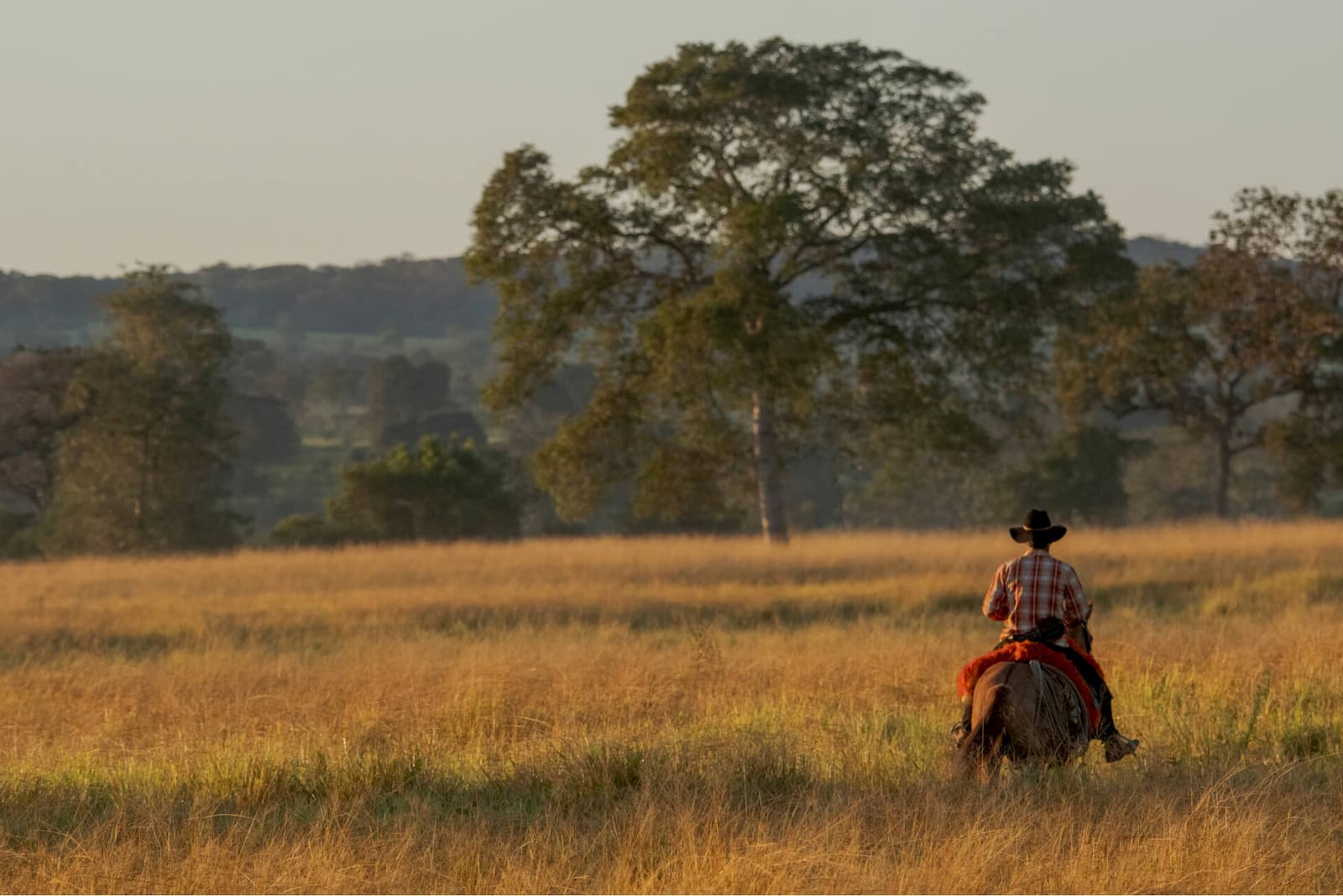Appetite for change
The global pandemic has created profound desire for change. A recent 28-country poll found that 86% of people want to see a fairer, more sustainable world after COVID-19. And new consumer research suggests that given the right incentives and guidance, many are also willing to make healthy, more sustainable lifestyles choices.
This is an opportunity for business, especially for those companies able to offer easy, affordable solutions, and help us make better, healthier choices. With some parts of the world suffering from hunger and malnutrition, and others from obesity, as well as widespread and iniquitous loss and waste across supply chains, one area deserving attention is the way we produce and consume food.
We are what we eat
How we eat now, isn’t good for us or the planet. WWF’s latest Living Planet Report shows that land conversion for food production is the major driver of nature loss, and also increases the risk of new diseases like COVID-19.
Our new Planet-Based Diets analysis shows that changing our eating habits – for example, by choosing a balanced and varied diet, avoiding processed foods, and eating more plants and fewer animals – can improve personal and planetary health.
Evaluating environmental and health impacts and benefits of typical national diets in 147 countries across 13 food groups, the Impact & Action Calculator helps consumers consider smarter dietary choices based on foods currently available in their country.
While there’s no single solution, every individual and every country stands to gain by adopting healthier, more sustainable diets. Argentina, for example, could reduce premature mortality by nearly 30% just by eating less red meat and dairy, and more fruit and vegetables. In Latin America and the Caribbean, nature loss could be reduced 50-70% by a shift toward diets with a higher proportion of plants. And globally, planet-based diets could cut food-based greenhouse gas emissions by at least 30%, and agricultural land-use by at least 41%.
Most of us care about what we eat but successfully shifting diets requires engaging with how and where people buy and consume food. Behavioural science suggests we will happily eat more plant-based food if given the opportunity and cues that motivate. Including plant-rich dishes in the main body of menus rather than in separate vegetarian sections, increasing the variety of such dishes, and emphasising their positive attributes, are just three things restaurants alone can do.
Recipe for transformation
There’s no doubt that dietary transition is a critical step towards a more sustainable future but changes in our eating habits and food consumption patterns, especially when they occur within the limits of existing food production systems, can only take us so far.
For example, the food system accounts for around 27% of total greenhouse gas emissions. Reducing food-based emissions to sustainable levels solely through a dietary shift would need us all to follow a vegan diet. A more realistic and achievable approach would be to combine dietary shifts with changes in food production and reductions in food loss and waste.
Producing and ensuring we all have access to enough healthy, affordable, nutritious food, whatever our tastes, and realising the full potential of Planet-Based Diets to drive sustainability, requires policymakers and industry to radically transform how we produce food.
Transforming food and land use systems could create new business opportunities worth up to $4.5 trillion a year by 2030. Some companies already recognise the opportunity but many more must embrace it to realise the full benefits, including protecting nature, improving food security, reducing emissions, and creating inclusive rural economies.
Menu for change
For any company truly serious about driving a just, green recovery from COVID-19 and creating a better world, engaging in system transformation should be a priority. This means not only delivering on overdue commitments to eliminating deforestation and land conversion from value chains, but also scaling regenerative, sustainable agriculture through sectoral collaboration, as well as calling for supportive public policies.
Building a net-zero, nature-positive economy first requires recognising impacts and dependencies on natural, social and human capitals, and the Capitals Coalition’s guidance for the food system can help facilitate this. In further shaping a sustainable food sector, companies can then commit to operating within the limits of natural systems and meeting societal goals – including by setting emissions reduction targets through the Science-Based Targets initiative, and joining the Science Based Targets Network which is helping companies develop and set targets for nature. And delivering on commitments, companies can use tools and approaches such as the Accountability Framework, and invest in nature-based solutions and landscape and jurisdictional approaches that increase supply chain resilience and support sustainable food production.
Food for thought
The Food and Agriculture Organisation is calling for global solidarity that helps everyone, especially the most vulnerable, recover from the pandemic, and that makes food systems more resilient, delivers affordable, healthy diets, and provides decent livelihoods. This last outcome is particularly important – if we don't support producers, nothing else will matter.
COVID-19 has created increased public trust in science and government but also in business. Combined with strong citizen and consumer desire for change, as well as support for companies with purpose amongst younger generations, this means that business has trust equity to spend.
Our own and environmental health are inseparable. And when it comes to food, the 1000+ CEOs who recently committed to renewed global cooperation, which puts the world on a more equitable, inclusive and sustainable path, must not let the opportunity pass.




